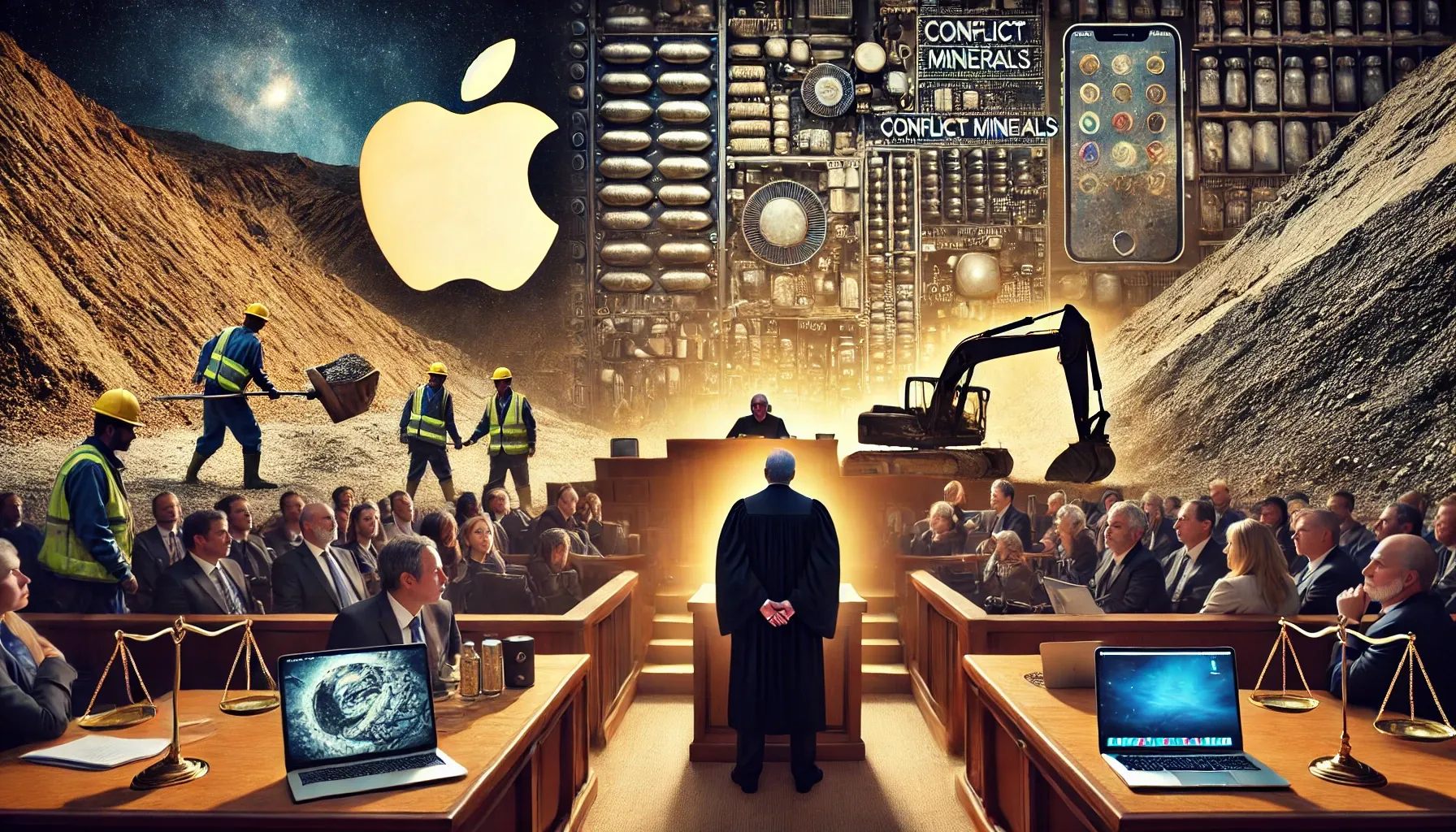The Democratic Republic of the Congo files criminal complaints against Apple for alleged war crimes, accusing the tech giant of sourcing "blood minerals" from conflict zones to manufacture electronic devices.

In a significant legal escalation, the Democratic Republic of the Congo (DRC) has filed criminal complaints against subsidiaries of Apple in France and Belgium, accusing the tech giant of war crimes for allegedly sourcing "blood minerals" from conflict-ridden regions in sub-Saharan Africa. The complaints shine a harsh light on the ethical practices of one of the world’s largest technology companies, raising serious questions about corporate accountability and consumer transparency.
Key Allegations: Pillaged Minerals and Deceptive Practices
- Conflict Minerals: The complaints allege that Apple’s supply chain is contaminated with minerals pillaged from the DRC, including the critical 3T minerals — tin, tantalum, and tungsten — essential for manufacturing computers and mobile phones.
- Laundered Supply Chains: These minerals are reportedly laundered through complex international networks, often passing through Rwanda before reaching Apple’s suppliers.
- Consumer Deception: Apple is also accused of engaging in deceptive commercial practices by assuring consumers that its supply chain is ethically clean.
The DRC’s lawyers argue that Apple’s practices amount to war crimes, given the role of conflict minerals in financing ongoing violence.
Apple’s Response: Denial and Deflection
- Firm Denial: Apple strongly disputes the allegations and insists that it has instructed its suppliers not to use conflict minerals sourced from the DRC or Rwanda.
- Lack of Transparency: Despite these assurances, Apple has not provided a substantive response to the detailed questions posed by the DRC’s lawyers in April 2024 regarding the origins of minerals in its supply chain.
According to Reuters, Apple’s defense hinges on its stated commitment to ethical sourcing, but the lack of transparency fuels skepticism.
The Context: A Region Plagued by Conflict and Exploitation
- Major Source of 3T Minerals: The DRC is a significant global supplier of tin, tantalum, and tungsten. These minerals are crucial for electronics, automotive, aviation, and renewable energy industries.
- Conflict Dynamics: The eastern DRC has suffered from waves of fighting between armed groups and the Congolese military, with some groups allegedly backed by Rwanda.
- Financing Violence: Proceeds from the illegal mineral trade help armed groups sustain themselves and purchase weapons, perpetuating cycles of violence. Minerals are often smuggled through Rwanda before entering global supply chains.
International Research and Documentation
- UN and NGOs: Investigations by the United Nations, the US State Department, and NGOs like Global Witnesshave extensively documented the illegal trade in conflict minerals.
- Corporate Dependence: These reports highlight the symbiotic relationship between looters of Congo’s resources and major consumer electronics manufacturers.
Legal and Ethical Implications
- The case against Apple underscores a broader issue: the ethical responsibilities of multinational corporations to ensure that their supply chains are free from human rights abuses.
- The allegations point to a grim reality where consumer gadgets may be linked to war crimes, child labor, and exploitation.
Source: Maktoob Media





